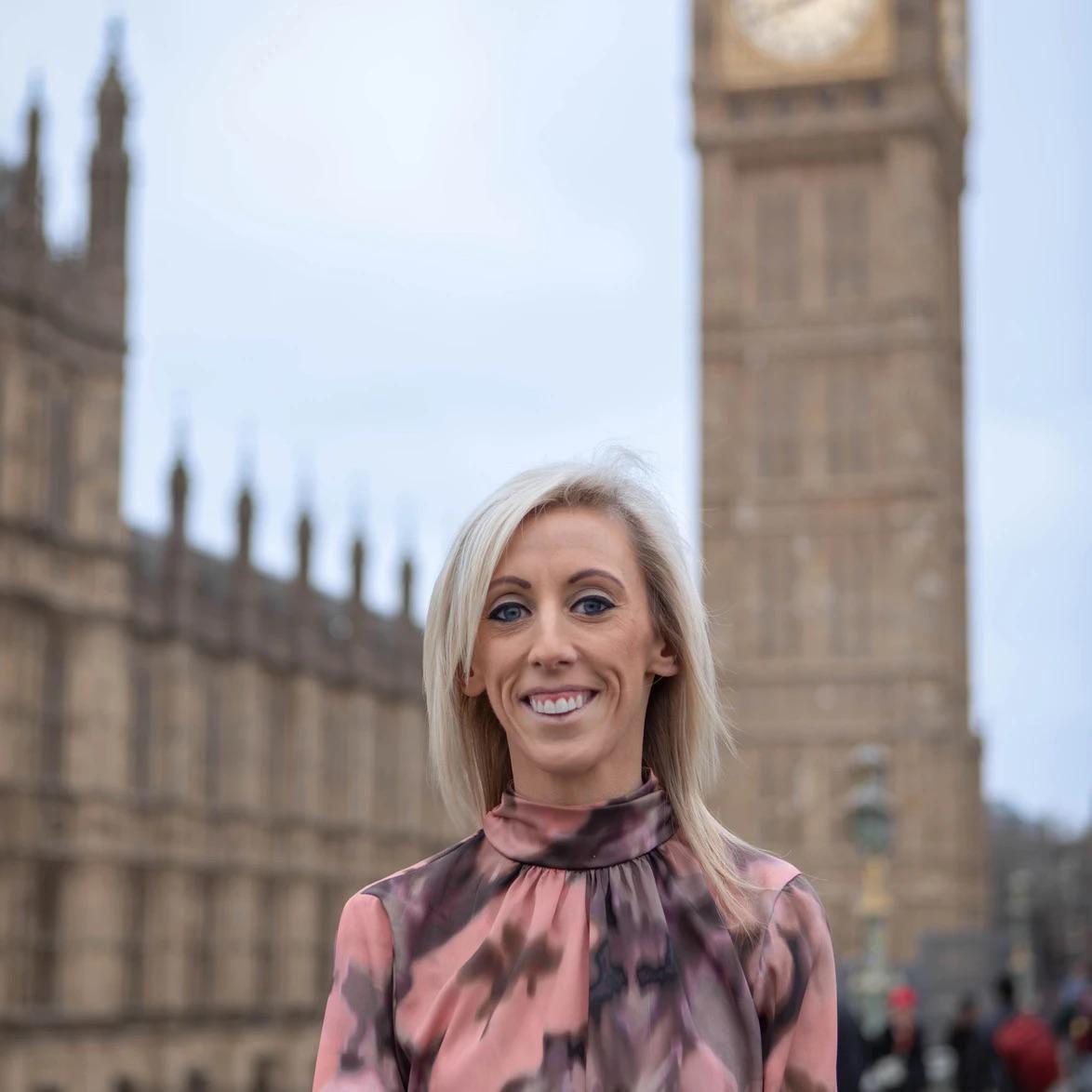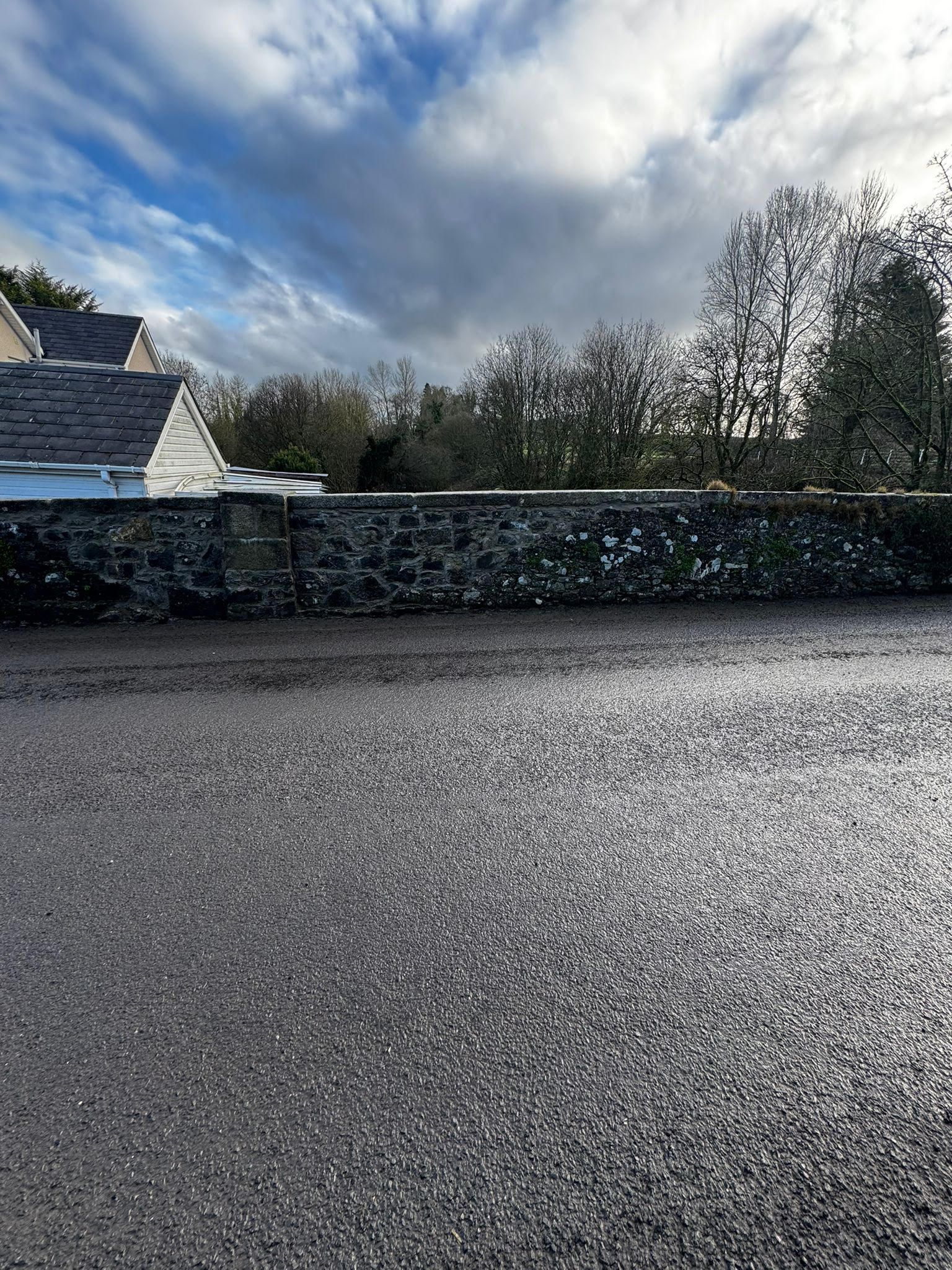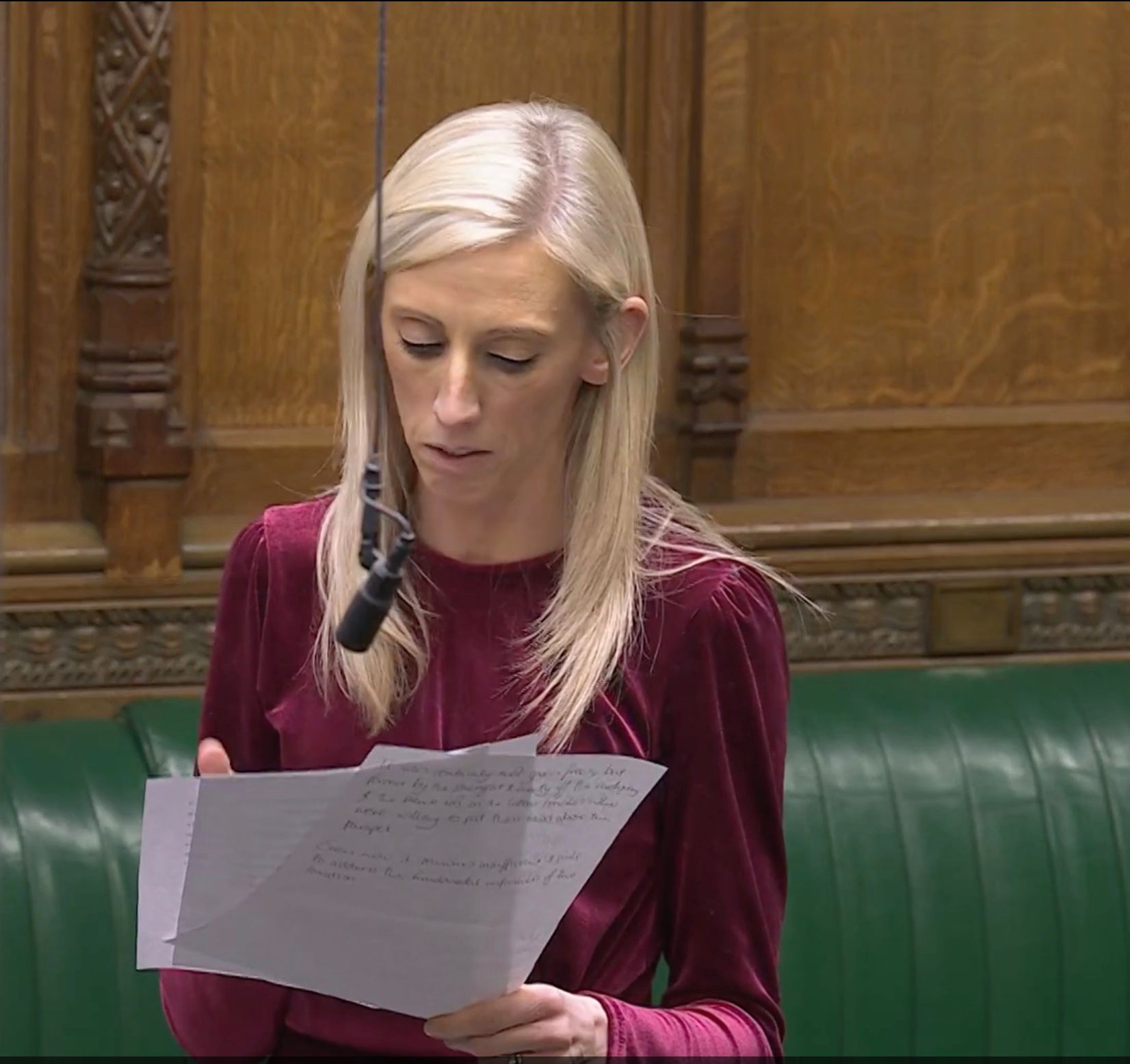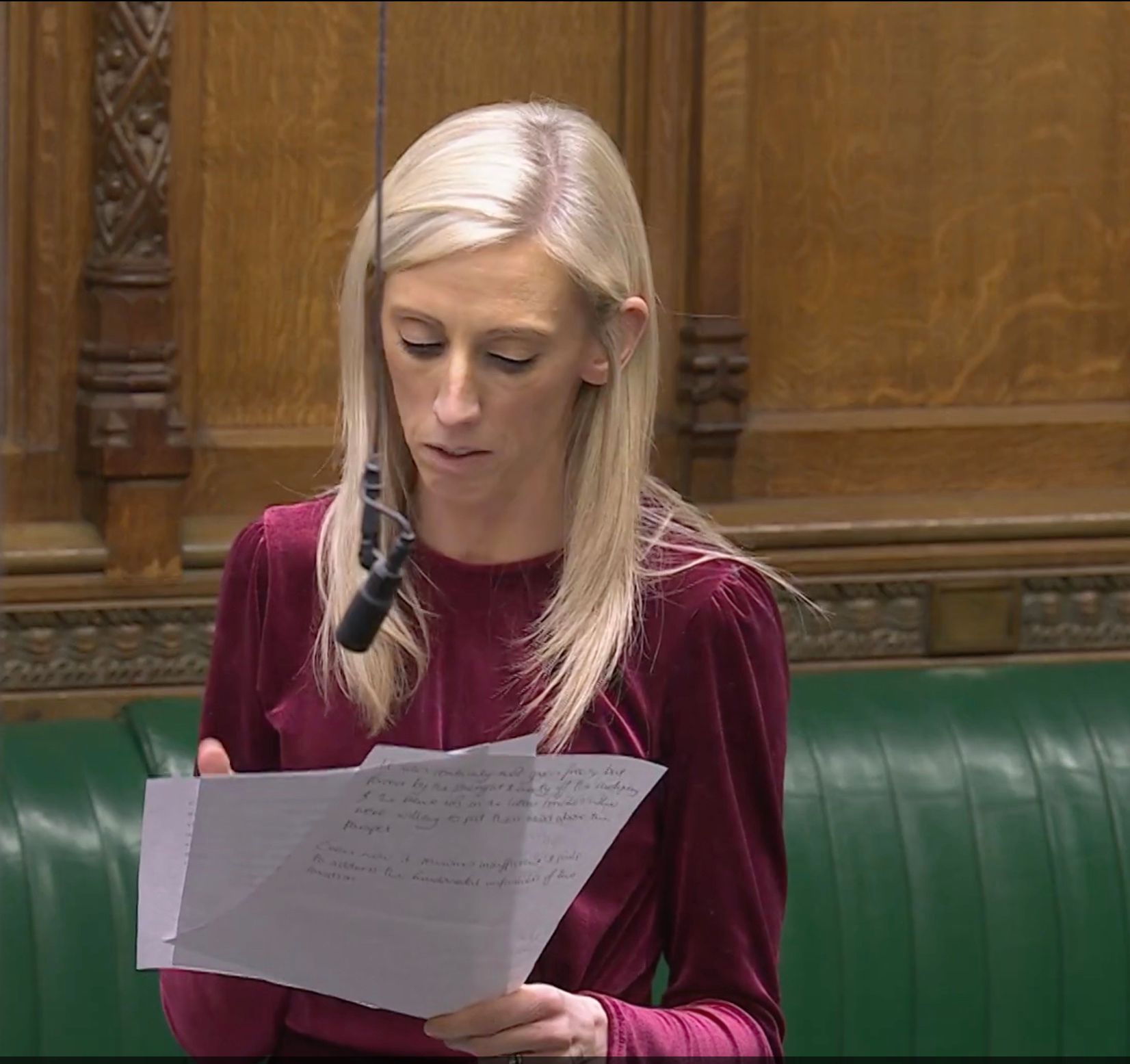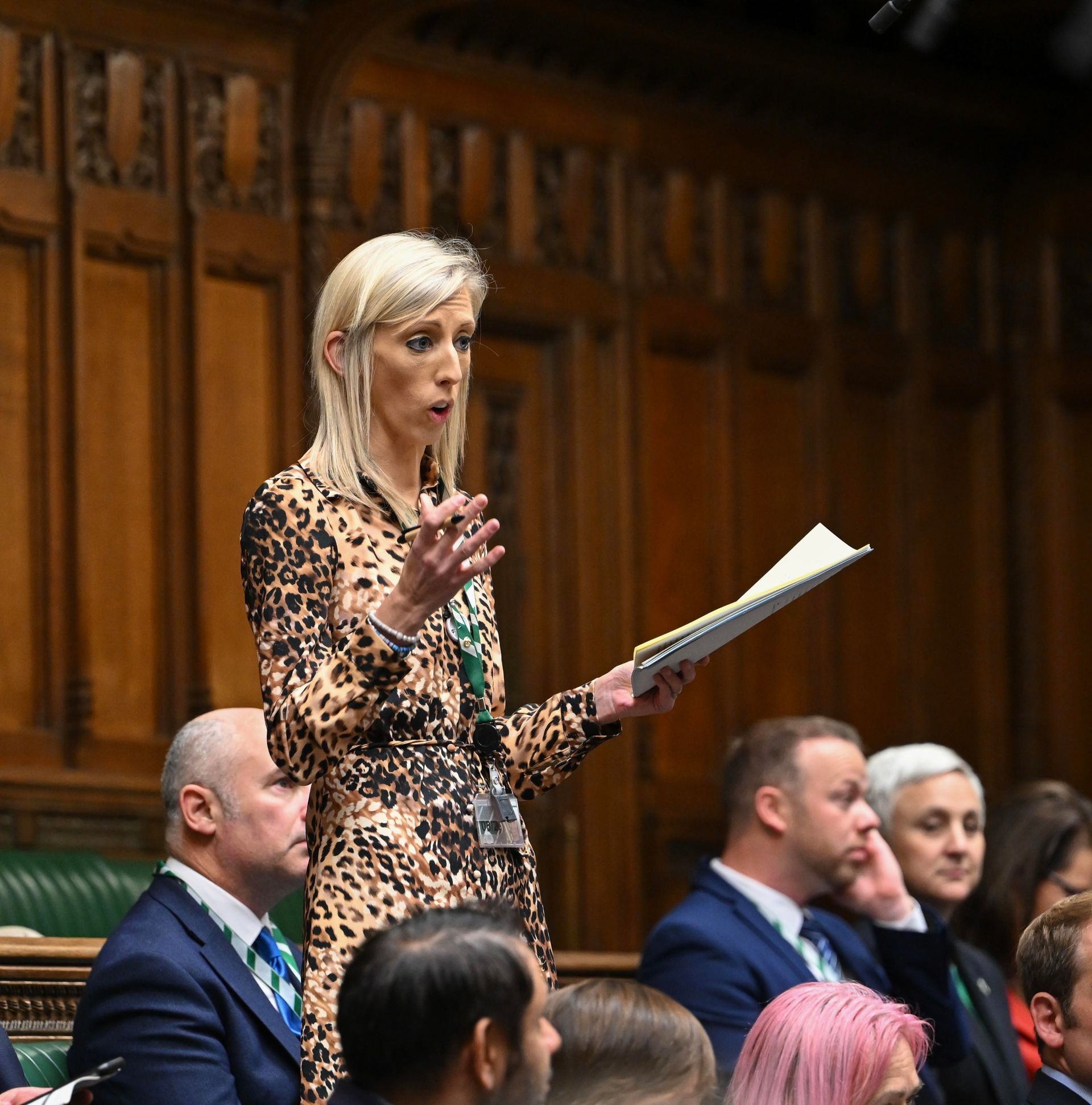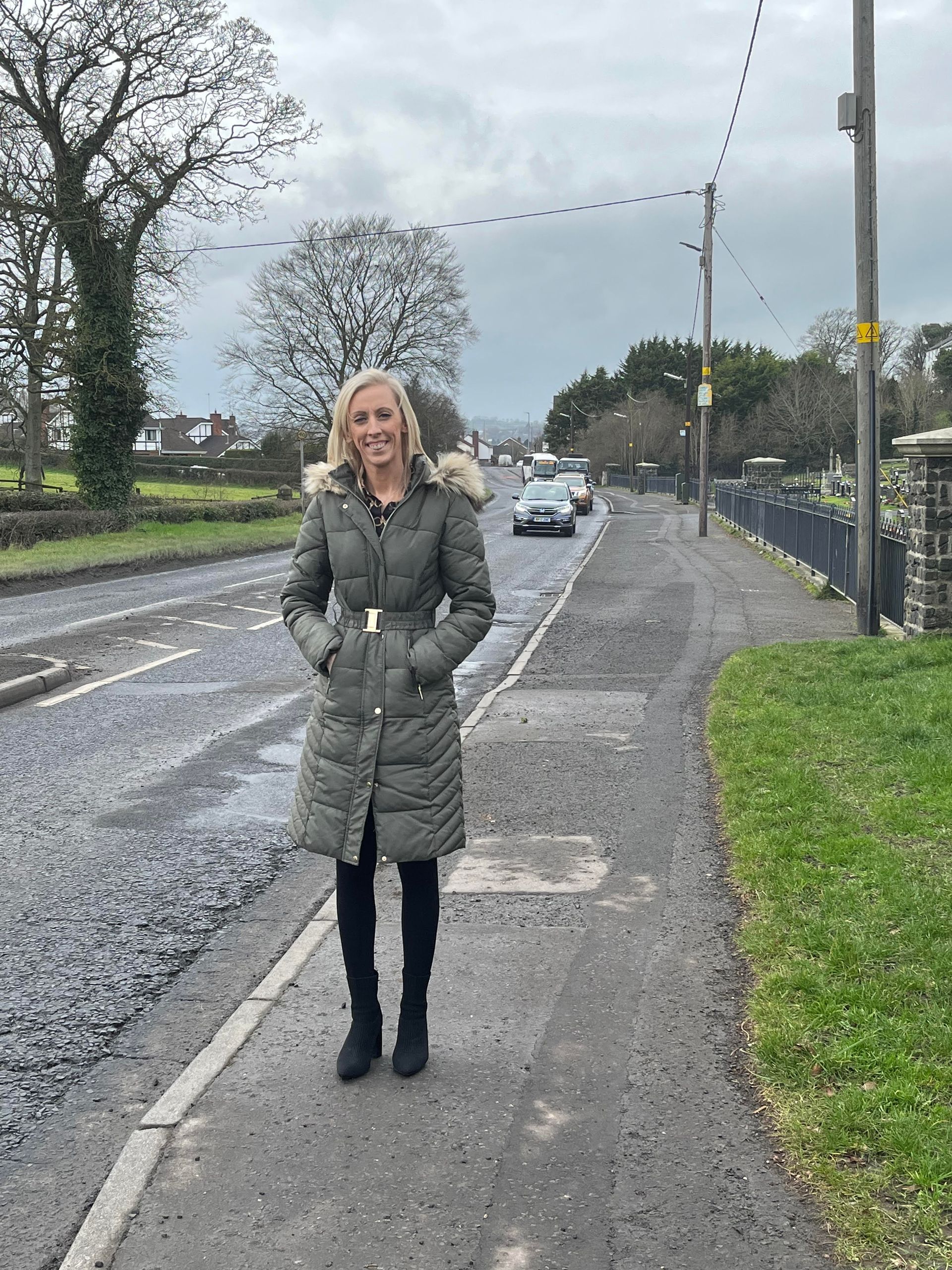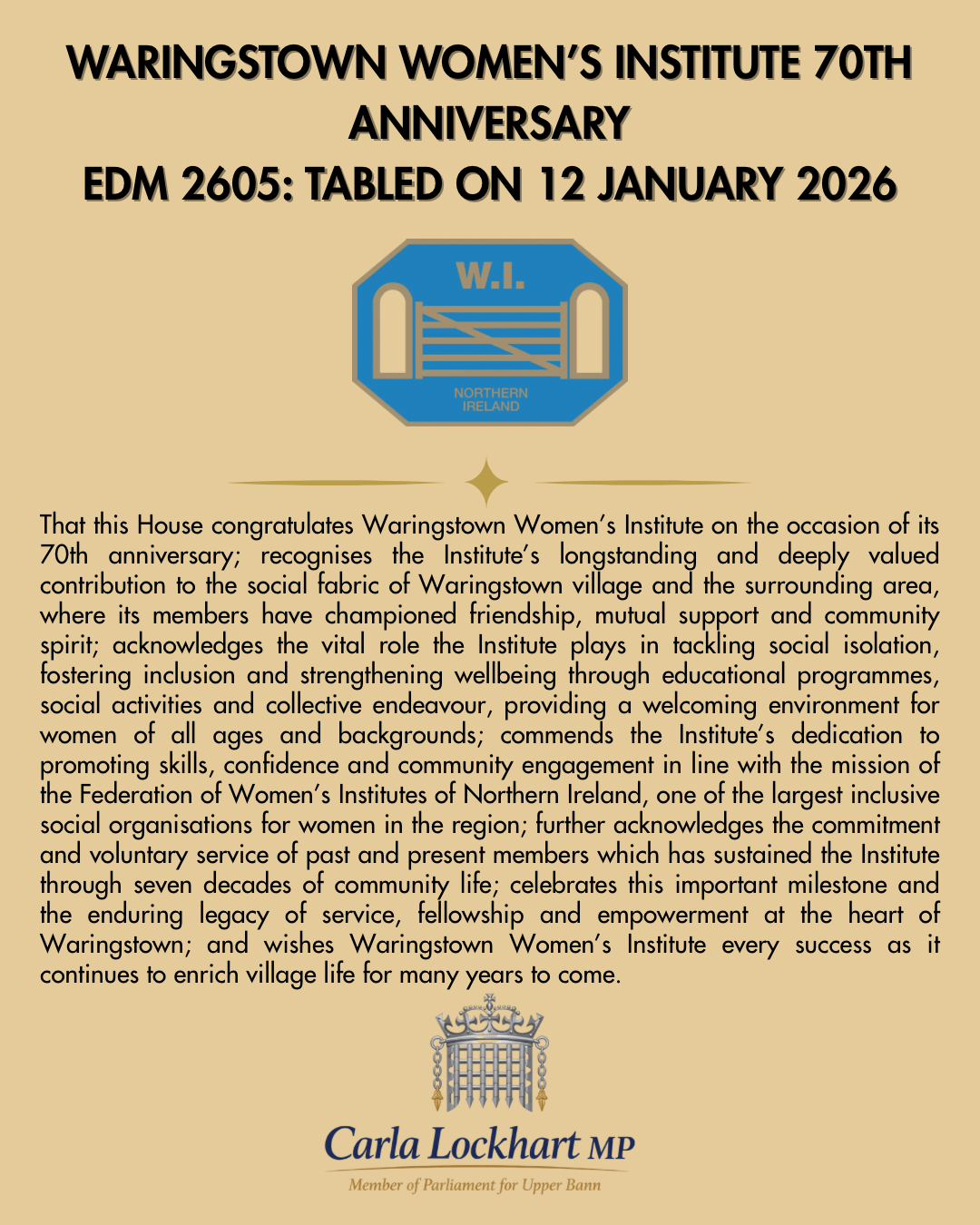Victimisation of farmers won’t solve Lough Neagh’s problems
Upper Bann MP Carla Lockhart has warned against the ongoing anti-farming agenda, coming from the department and Minister responsible for the promotion and growth of agriculture in Northern Ireland.

“The Minister must stop pointing the finger of blame solely at agriculture as he strives to save Lough Neagh,” she said.
The DUP Agriculture, Environment and Rural Affairs spokesperson said: ”Society fully appreciates there are mounting challenges in Lough Neagh and other rivers and waterways across the Province.
“This isn’t a new problem and it certainly isn’t isolated to Northern Ireland or GB. Cyanobacteria or blue-green algae is a naturally-occurring type of photosynthetic bacteria found worldwide, even in colder continents such as Antarctica.
“Records show that toxic blue-green algae blooms were first identified in Lough Neagh in 1967 during a hot summer. Scientists, civil servants and politicians identified the problem as an ‘ecological timebomb’ over six decades ago.
“What we are witnessing now is a natural process which has been accelerated by a number of factors. An influx of surplus nutrients and phosphorus are at play, but they can’t all be attributed to fertiliser and slurry runoff from our thriving agricultural industry.”
The MP stressed: “Untreated sewage, industrial and domestic pollution and invasive Zebra mussels have all contributed significantly to the escalating problem.
“NISRA figures show that farming was responsible for 32% of substantiated water pollution incidents in 2024. The remaining 68% combines pollution from NI Water, industry, domestic and other sources. These figures prove that farmers are being unfairly blamed, while other sectors go unchallenged.
“Minister Muir is fixated on environmental issues, but it’s time he faced the facts and addressed the wider issues.
“The reality is that every human being must share a collective responsibility to improve water quality. There is no accountability for leaking septic tanks, and the abundance of phosphorus containing household cleaning products and detergents that are poured down drains on a daily basis. The 20 million tonnes of raw sewage discharged annually into our waterways by a government agency is disgraceful and unacceptable.
“Yet, the DAERA Minister’s ‘green’ agenda has fuelled an unjustified anti-farming media frenzy. Farmers are part of the solution, not the problem!”
Carla Lockhart continued: “Recently, Minister Muir publicly claimed the 55% surge in pollution behind the Lough Neagh crisis is a result of DAERA’s Going for Growth Strategy (2012-2020).
“He is totally blinkered and in denial of factual information and scientific evidence. Many of the statistics quoted to demonise agriculture are a result of guesswork and desktop modelling exercises. These figures are questionable and heavily disputed by industry stakeholders.”
Farmers have been committed to safeguarding the environment for decades. The MP added: “DAERA figures prove that over the last five years the surplus P balance from farming has fell by 29%.
“The Going for Growth Strategy hasn’t been a contributary factor either, as national herd and flock census figures for cattle, pigs, sheep and poultry confirm a significant downturn in the numbers of farmed livestock in Northern Ireland. For example, there are 66% less breeding sows than there were in 1965, and one million fewer sheep than 1992.
“Clearly, farming is not the source of the problem. The rising levels of phosphorus in our waterways are undeniably coming from other sectors.
“Increased building development and a growing population is putting a huge strain on our outdated sewage and water treatment infrastructure. Minister Muir and other Stormont departments need to accept their fiscal responsibilities and realise that the current system is at breaking point.”
Ms Lockhart added: “England’s Lake Windermere has also encountered algal blooms. Interestingly, scientists have attributed the ecological damage to climate change and heightened levels of phosphorus from human waste and detergents. Treated sewage has also been a key contributor.
“The simple answer to Minister Muir’s problems, is to stop discharging treated and untreated sewage into waterways. NI Water is a corporate polluter and it shouldn’t be given a by-ball. The pollution penalty should apply to all.
“The Minister is passionate about delivering water quality, but his current NAP proposals and the victimisation of farmers won’t solve Lough Neagh’s problem.”
